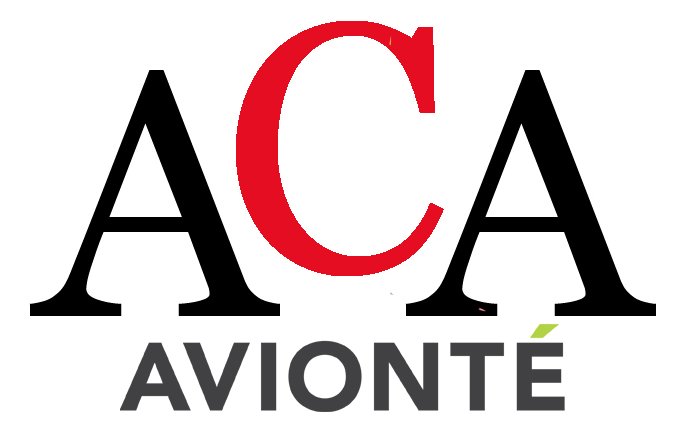You’ve no doubt heard the phrase “gig economy,” but do you fully understand the potential impact on your staffing firm?
Traditional staffing and recruitment must now compete with everything from Uber to Upwork to Snagajob for talent.
With all the self-directed employment options available, how can staffing companies remain a valid option for candidates seeking flexible employment?
Begin with an understanding of why people are choosing the gig economy over conventional employment. It’s commonly thought people who have no luck finding full-time jobs turn to this independent lifestyle, but it appears that is not the case. According to an Ernst and Young survey of contingent workers, 73 percent chose gig work for “the perceived benefits, led by flexibility, working from home and control.”
Think: how can staffing firms capitalize on this entrepreneurial approach to employment? Start by addressing what is typically seen as the downside of this type of relationship. While gig-based workers enjoy this independent lifestyle, what they don’t like is the difficulty that comes with working as a 1099 professional. It can be complex and carries a good deal of risk to operate this way, from keeping track of tax withholding and quarterly filing to the difficulty of actively marketing themselves to employers. These skill sets often don’t come naturally, even to those who are exceptional at their jobs. Working with a staffing firm that can shoulder these burdens while allowing them to remain independent can be very attractive to contingent workers.
The Ernst and Young survey also indicated that gig workers believe that permanent employees are treated better (58%), feel disconnected from employers’ business objectives (26%) and feel like an outsider in the organization (40% – 56% among 25-36 year olds).
If you wish to retain and grow your share of contingent candidates, it’s up to you to demonstrate the value you offer in managing their career, such as:
- Employer relationships
- W-2 employment
- Benefits and support
- One-stop resource for jobs and advice
Further cement your value by keeping up with what gig workers want, such as an easy-to-use mobile interface for searching jobs, completing applications and tracking time.
What does the gig economy mean for employers and how can you position yourself as a resource?
While companies may be attracted to the idea of working with freelance and 1099 workers, it does carry considerable risks:
Misclassification. Depending on how gig workers are managed on the job, employers run the risk of a worker being treated as a W-2 employee. Even if hiring managers have a full understanding of the difference between an employee and a contractor, that message doesn’t always make it down to front-line managers. This can be an expensive mistake – one that can usually be avoided by partnering with a staffing firm.
Quality. Contracting in a gig-based economy can be a real crapshoot. Unless employers are willing to do a great deal of legwork to check out each workers’ prior work, they never really know what they are getting. When they work with a staffing firm, they can rest assured they are getting only workers who have been thoroughly vetted and meet their requirements. If a contingent worker doesn’t live up to their standards, the employer can swap in a new worker with just a call to their staffing partner. No starting from scratch as they would with a freelance employee.
Supervision. Someone must take responsibility for seeing that contingent workers deliver on their promises. Most employers don’t have the infrastructure to keep up with the work habits of freelancers with a range of skills, working on many different projects in various departments. Contingent workers who are supplied by a staffing firm are their employees. Staffing professionals check on workers to ensure they are where they are supposed to be and are delivering on their promises.
Staffing and recruiting firms are a relevant and welcome part of the gig economy, but only if they take time to analyze market trends, identify flaws and pain points, and are ready to step into the breach when employers and job seekers need them.
Continually market what you have to offer, from the advantages detailed above to the latest technologies to help individuals automate their search, to providing employers with the back office and front office support they need.
At Avionté, we are committed to remaining current with the latest economic trends, market developments and industry innovations, and providing the staffing software employers need to keep up with an ever-changing market.
Subscribe to our blog for the latest industry information. If you’d like to discuss further, contact the experts at Avionté.






